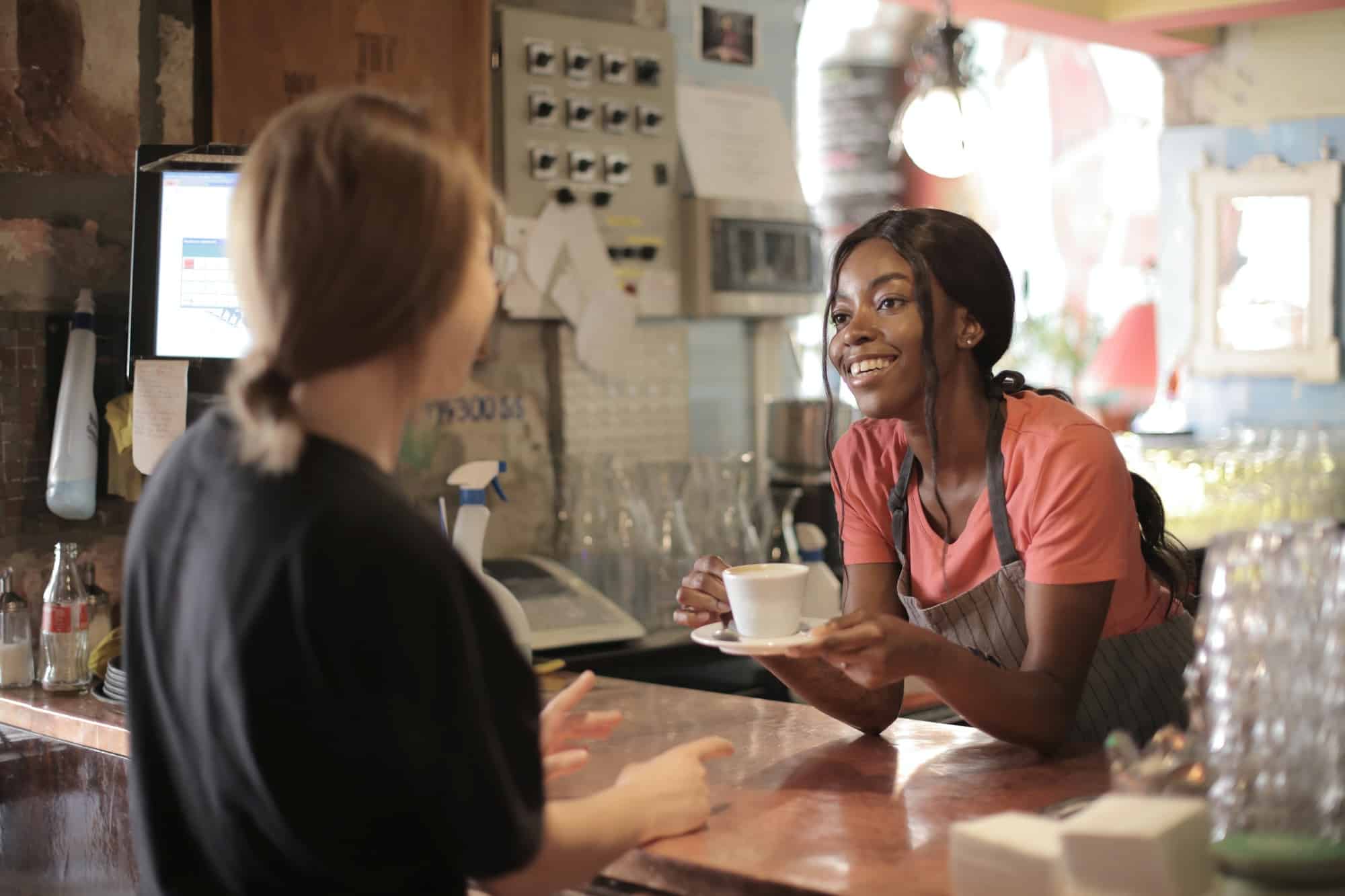After all, writing this kind of blazing copy day in and day out takes stamina and endurance. To fuel my cunning, I would need a snack, so I opened the cupboard and what did I see? Barnum’s Animal Crackers. Instantly, I was time-warped to when I used to chomp on these tasty little zoo animals for my calcium intake as a growing boy.
But this time something was different…The animals were no longer peering out at me from behind bars… someone had set them free from their cages, and now they were marching confidently towards me in some kind of unnatural coalition. What kind of anarchy was this?? And is there anything that can stop these creatures from stomping and mauling their way through civilization??
Optics is Supreme Ruler
It turns out that Nabisco (via their drug cartel-sounding parent company “Mondelez International”) caved under pressure from PETA, who felt that depicting the animals locked up was somehow inhumane. Mind you, the packaging for this classic token of American childhood had remained virtually unchanged since 1902. So why did the fake cages open in 2018? Because a lot has changed in 116 years, for better and for worse. Surely no one can argue that the ethical treatment of animals is a virtue to uphold across the land, but… animal crackers?
Yes, animal crackers. Forget “content is king.” These days, when it comes to corporate marketing, “Optics is Supreme Ruler.” To them, it’s all about perception, not content or even quality. Mainstream household brands – some of them decades old – are desperately trying to stay relevant by appearing progressive. Did Nabisco change their animal crackers into plant crackers? No. We can still assert our dominion over all living things by plunging endangered species into our yawning, insatiable chasms and chomp their sweet, crunchy souls. So all that really changed was the packaging, not the content.
The Fallacy of Progressive Packaging
After this mind-expanding realization, I found myself viewing the world through wiser eyes. Case in point: on a recent trip to Ralph’s Signature (not to be confused with just a regular, pedestrian Ralph’s), I came upon a display for Brawny paper towels that made me stop in my flip-flops…
Brawny, by definition, means “physically strong or muscular.” The new packaging on these paper towels now depicts a trio of multi-ethnic women of varying ages standing defiantly behind the hashtag “#STRENGTHHASNOGENDER.” Lord knows this is true. I used to work out at Gold’s Gym in Venice Beach, and was surrounded by women who could crush me like I was an animal cracker (nice callback, huh?) – so no argument there. But what is parent company Georgia-Pacific really saying with this? That some little girl will be shopping with her non-gender-specific parents and register the paper towels are empowering her to smash all the glass ceilings with her coiled fists of equality? Certainly this kind of brand pivot doesn’t hurt anyone, so there’s no reason to complain.
Unless of course, you care about a little thing called “hypocrisy” – in which case, feel free to complain. You see, Georgia-Pacific just happens to be a little subsidiary of Koch Industries. You know, one of the most conservative social-political empires to have ever blocked the sun with their endless fortune. It stands to reason that some liberal, modern woman who finds herself attracted to this new packaging might not be thrilled to realize she is actually supporting a powerful entity that ultimately does not support the kind of values she cares about. Imagine: every time a woman uses a Brawny paper towel, she’s actually wiping away hope for a better world. But it’s okay… McDonald’s turned its iconic golden arches upside-down to recognize International Women’s Day – so everything is gonna be just fine…
This is actually laced with potent irony if you believe a long-held rumor that McDonald’s was urged to keep their curvey logo because of its subconscious resemblance to women’s breasts… But I digress.
Brand Authenticity Is On The Rise
Certainly, these are just a couple examples of many. More and more, giant corporate brands are hustling their way into “woke” culture and with pretty mixed results. Not too long ago, we covered the Kendall Jenner / Pepsi debacle and debated whether or not there’s a such thing as bad publicity. Savvy consumers can sniff the difference between authenticity and bullshit, so chances are these contrived efforts aren’t moving the needle much – if you’ve always eaten animal crackers, or wiped up their crumbs with Brawny paper towels, chances are the packaging won’t make much of a difference.
Unless, of course, you’re one of those wingnuts who burn their Nike shoes because of an ad featuring Colin Kaepernick… in which case you’re consuming valuable oxygen for brains that actually need it.
The good news is, despite the crass posturing of corporations, there are more actually progressive brands now than ever. We know because we’re either working with them or are about to. We’re talking emerging brands like:
• Face Halo – Makeup removing wipes that are effective, non-toxic, environmentally friendly, and cost-efficient. Reusable up to 200 wash cycles, each Face Halo replaces up to 500 makeup wipes. To date they have replaced the use of over 500 million traditional makeup wipes!
• Thinx – underwear designed for women with periods and who help young women through advocacy, education, and access programs.
• For Days – an organic / zero waste / recyclable clothing brand.
• Package Free Shop – a zero waste brand that finds alternatives to single-use plastic items.
• Farmshelf – builds smart indoor farms for restaurants and hotels that make sustainable farming simple.
• Ecosia – an Internet search engine that plants trees by donating 80% or more of its surplus income on reforestation and environmental conservationism.
• Inkkas Shoes – As part of the OneShoeOneTree project, Inkkas plants one tree for every purchase. In partnership with TreesForTheFuture Inkkas is helping reforest the world to provide sustenance for local populations in developing countries.
These are just a handful of examples. With a little inquisitiveness, one can find a plethora of emerging brands that are helping to make the world a better place, and not just by slapping a new package over their products or turning their logo upside-down for a day. If you want to keep up with these brands, then you’ve come to the right place. We have an entire blog series dedicated to spotlighting ones that excite us because they truly care about making a difference… no Kochs allowed.


